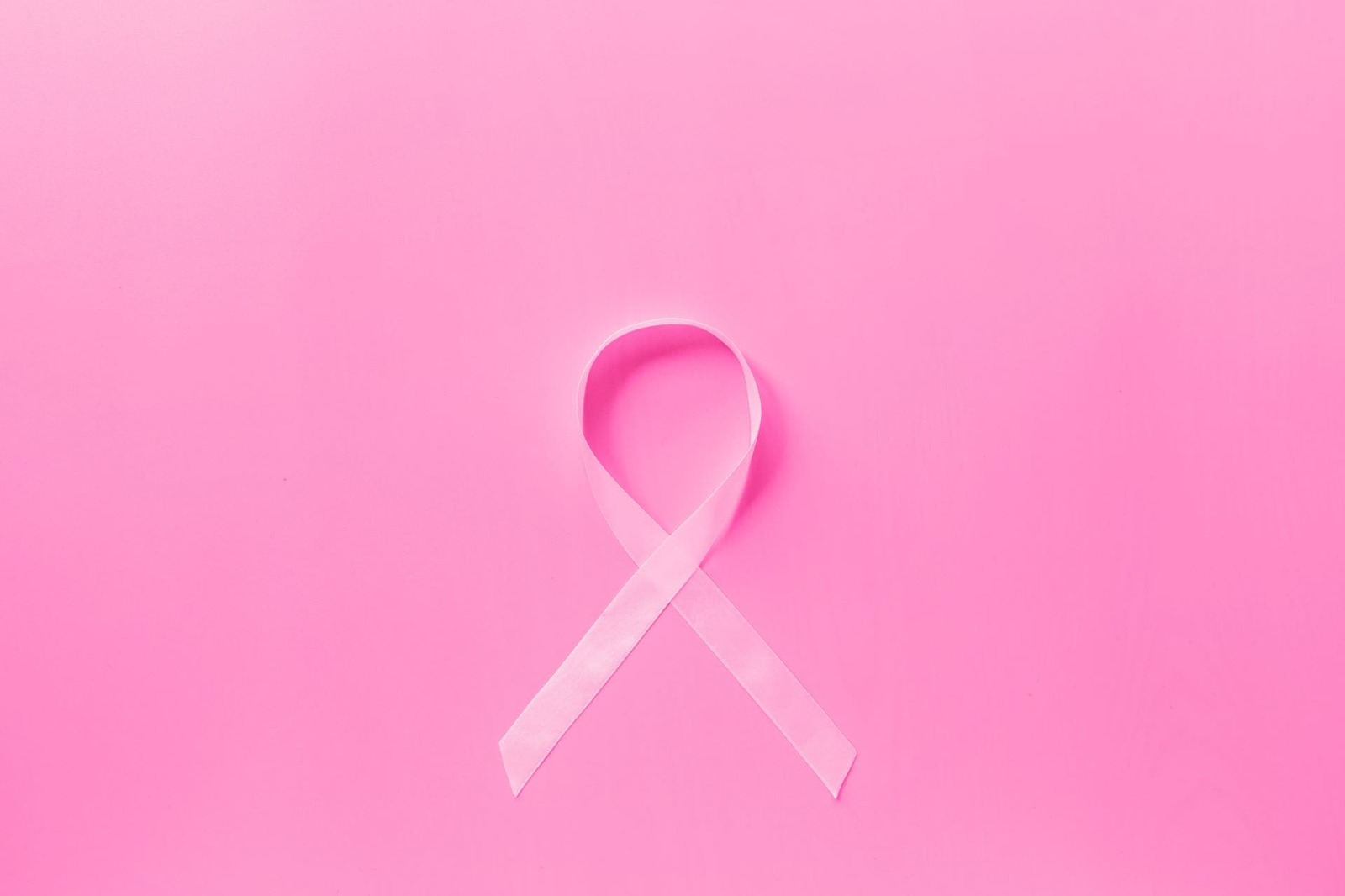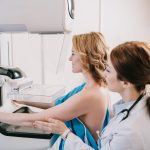
FEBRUARY 23, 2022
Recent Post
-
Dementia Screening Singapore – MRI Brain Imaging
May 16, 2024 -
At What Age Does Breast Screening Start?
January 31, 2024 -
Why Is Corporate Health Screening Important?
January 30, 2024
Categories

FEBRUARY 23, 2022
Breast Cancer Prevention
Our risk of breast cancer can be hugely reduced by making a few simple lifestyle changes, says our doctor.
In westernized countries, approximately one in eight women will contract breast cancer at some point in life.
It’s a terrifying statistic for most women and their families. But given the right information and motivation, most women can actually avoid breast cancer – and other chronic diseases at the same time. Have we found a new gene to target with a wonder drug to cure this modern demon? No, we haven’t. What about a test detecting breast cancer that is less uncomfortable than a mammogram? The answer again is, no.
However, many women don’t realize that they can help themselves when it comes to breast cancer prevention, and it is simple and cheap: lifestyle change.
Did you know that Asian women living a traditional lifestyle have breast cancer rates that are between 1/4 and 1/7 of that in the west? However, when these women migrate to the United States, their breast cancer rates become the same as the general population within two generations. It appears that it is sometimes lifestyle – not necessarily genetics – that is a large contributor to breast cancer.
In fact, genetic factors contribute to as few as 3% of breast cancer cases, and some women are genetically not predestined to contract breast cancer at all. Although several genes have been identified as a high risk of developing breast cancer, these are rare, occuring in just one of 500 women.
So, although a family has history of breast cancer in close relatives does increase a women’s risk, it by no means implies that she is destined to be burdened with the disease. What it really implies is that her lifestyle choices become more critical.
Women can reduce their risk of breast cancer in 1/3 through a combination of lifestyle related changes. Although there is hype around hormone replacement therapy and preventative mastectomy, approximately 40% of breast cancers can be prevented by maintaining a healthy weight, increasing physical activity and reducing alcohol consumption alone.
So, what are the risks of developing breast cancer and what can you do to protect yourself?
Lifestyle changes includes:
- A healthier diet
- Physical activity of a moderate intensity (45 minutes, five times a week is recommended)
- Adequate sleep
- Adequate sunlight for Vitamin D
- Breast feeding
- Quitting smoking
Diet changes includes:
- Increasing fruit and vegetable intake
- Increasing fibre intake
- Increasing soy, phytoestrogens (found in beans, seeds and grains) and fish, fish oil and iodine
- Reducing excess body weight
Risk factors for breast cancer include early puberty and late menopause (which can be prevented by the diet changes mentioned). Use of the oral contraceptive pill has also been shown to increase risk in some cases, and oestrogen-mimicking toxins such as pesticides and bisphenol A (BPA), which is found in many everyday products, are also known as breast cancer triggers.
These risks sound scary, but they can be offset by some of the changes mentioned already. Early puberty can even be delayed by some of these changes, because they reduce oestrogen exposure.
Of course, these lifestyle changes are no guarantee, but they will make a difference to your overall health, thus helping reduce potential risk. You may need to put down your glass of wine and pick up your pair of running shoes, but it could save you running to your doctor.
A gentle dose of early morning sunshine can do wonders for your Vitamin D intake, and is a lot easier than harsh rays of radiotherapy. Things like broccoli may also be hard to swallow at first for young girls, but you will find it is a less bitter pill than chemotherapy.
If you are not convinced yet, these changes can also help prevent other causes of cancer. Including bowel and lung cancer, and the greatest killer of women – cardiovascular disease. So have fun (exercising in the sun), chase this down with a blueberry soy smoothie, followed by a veggie and tofu stir fry, and sleep well.
Our risk of breast cancer can be hugely reduced by making a few simple lifestyle changes, says our doctor.
In westernized countries, approximately one in eight women will contract breast cancer at some point in life.
It’s a terrifying statistic for most women and their families. But given the right information and motivation, most women can actually avoid breast cancer – and other chronic diseases at the same time. Have we found a new gene to target with a wonder drug to cure this modern demon? No, we haven’t. What about a test detecting breast cancer that is less uncomfortable than a mammogram? The answer again is, no.
However, many women don’t realize that they can help themselves when it comes to breast cancer prevention, and it is simple and cheap: lifestyle change.
Did you know that Asian women living a traditional lifestyle have breast cancer rates that are between 1/4 and 1/7 of that in the west? However, when these women migrate to the United States, their breast cancer rates become the same as the general population within two generations. It appears that it is sometimes lifestyle – not necessarily genetics – that is a large contributor to breast cancer.
In fact, genetic factors contribute to as few as 3% of breast cancer cases, and some women are genetically not predestined to contract breast cancer at all. Although several genes have been identified as a high risk of developing breast cancer, these are rare, occuring in just one of 500 women.
So, although a family has history of breast cancer in close relatives does increase a women’s risk, it by no means implies that she is destined to be burdened with the disease. What it really implies is that her lifestyle choices become more critical.
Women can reduce their risk of breast cancer in 1/3 through a combination of lifestyle related changes. Although there is hype around hormone replacement therapy and preventative mastectomy, approximately 40% of breast cancers can be prevented by maintaining a healthy weight, increasing physical activity and reducing alcohol consumption alone.
So, what are the risks of developing breast cancer and what can you do to protect yourself?
Lifestyle changes includes:
- A healthier diet
- Physical activity of a moderate intensity (45 minutes, five times a week is recommended)
- Adequate sleep
- Adequate sunlight for Vitamin D
- Breast feeding
- Quitting smoking
Diet changes includes:
- Increasing fruit and vegetable intake
- Increasing fibre intake
- Increasing soy, phytoestrogens (found in beans, seeds and grains) and fish, fish oil and iodine
- Reducing excess body weight
Risk factors for breast cancer include early puberty and late menopause (which can be prevented by the diet changes mentioned). Use of the oral contraceptive pill has also been shown to increase risk in some cases, and oestrogen-mimicking toxins such as pesticides and bisphenol A (BPA), which is found in many everyday products, are also known as breast cancer triggers.
These risks sound scary, but they can be offset by some of the changes mentioned already. Early puberty can even be delayed by some of these changes, because they reduce oestrogen exposure.
Of course, these lifestyle changes are no guarantee, but they will make a difference to your overall health, thus helping reduce potential risk. You may need to put down your glass of wine and pick up your pair of running shoes, but it could save you running to your doctor.
A gentle dose of early morning sunshine can do wonders for your Vitamin D intake, and is a lot easier than harsh rays of radiotherapy. Things like broccoli may also be hard to swallow at first for young girls, but you will find it is a less bitter pill than chemotherapy.
If you are not convinced yet, these changes can also help prevent other causes of cancer. Including bowel and lung cancer, and the greatest killer of women – cardiovascular disease. So have fun (exercising in the sun), chase this down with a blueberry soy smoothie, followed by a veggie and tofu stir fry, and sleep well.
Breast screening Singapore is an important preventative healthcare measure that aids with the early diagnosis of breast cancer.
Recent Post
-
Dementia Screening Singapore – MRI Brain Imaging
May 16, 2024 -
At What Age Does Breast Screening Start?
January 31, 2024 -
Why Is Corporate Health Screening Important?
January 30, 2024



